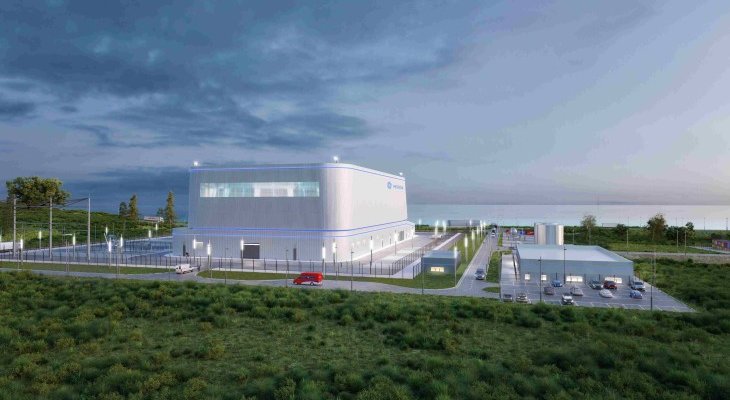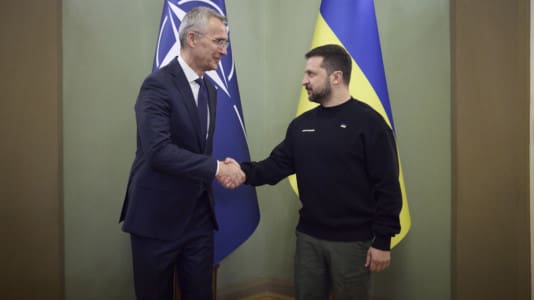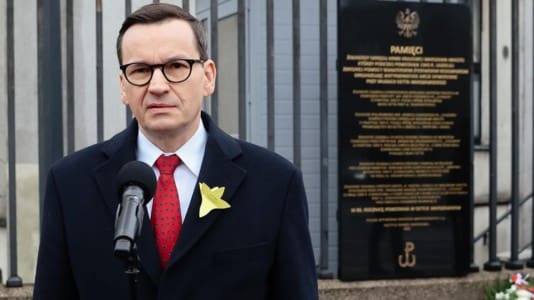A new technology being developed by U.S. energy company Holtec International, which promises to transform coal-fired power plants into plants powered by small modular reactors (SMRs), is being eyed by Poland as a potential solution to securing the country’s energy supply.
Holtec recently applied for a patent for the innovative technology, which is capable of transforming any coal-fired power plant into a nuclear power plant.
According to World Nuclear News, the company has developed a multi-stage compressor system that can replace the boiler of a coal-fired power plant with a small modular nuclear reactor. This solution will increase the steam pressure and superheat it, which is essential for powering the turbogenerators in coal-fired power plants.
Holtec International highlights the potential to convert thousands of decommissioned coal-fired power plants worldwide into efficient sources of clean energy, supported by research from the U.S. Energy Department. The research suggests hundreds of plants in the United States can be converted to nuclear power.
Nuclear energy remains a hot topic in Poland, with the latest news detailing the locations where Orlen and Synthos plan to build small modular nuclear reactors
The BWRX-300 reactors, based on U.S. technology, will be located near Warsaw, Kraków, Włocaławek and several other places in Poland. Orlen CEO Daniel Obajtek announced that further preliminary locations would be announced later this year.
Moreover, a letter of intent has already been signed with American partners regarding the financing of the investment. U.S. Ambassador Mark Brzezinski stated that the federal EXIM Bank and the International Development Finance Corporation would provide support of $3 billion and $1 billion, respectively.
Small nuclear reactor technology is seen as crucial for Poland’s energy security, providing both electric power and significant heat for local grids. This is especially important for power, heating, and combined heat and power plants that still rely on coal, which is increasingly expensive under the EU’s climate policy.
Nuclear thermal power plants, on the other hand, using SMR technology, benefit from the nuclear fission process, which offers greater reliability and resilience compared to coal-fired units, which are subject to fuel availability and geopolitical risks, as demonstrated during the Ukrainian war. These SMR plants run no matter the weather conditions or fuel supplies.
Building a nuclear power plant or combined heat and power plant is a significant challenge. Both small and large atoms require the installation of a new nuclear block and associated infrastructure. This includes adapting local energy networks or building new connections, which is time-consuming and requires a significant financial investment.
Poland’s adoption of SMR technology requires careful planning, risk management, and adherence to safety standards to ensure effective implementation. SMR technology represents a significant step towards a more sustainable and independent energy policy, promoting a more environmentally friendly and efficient energy sector.






